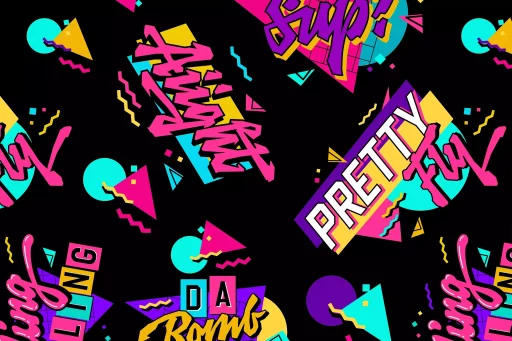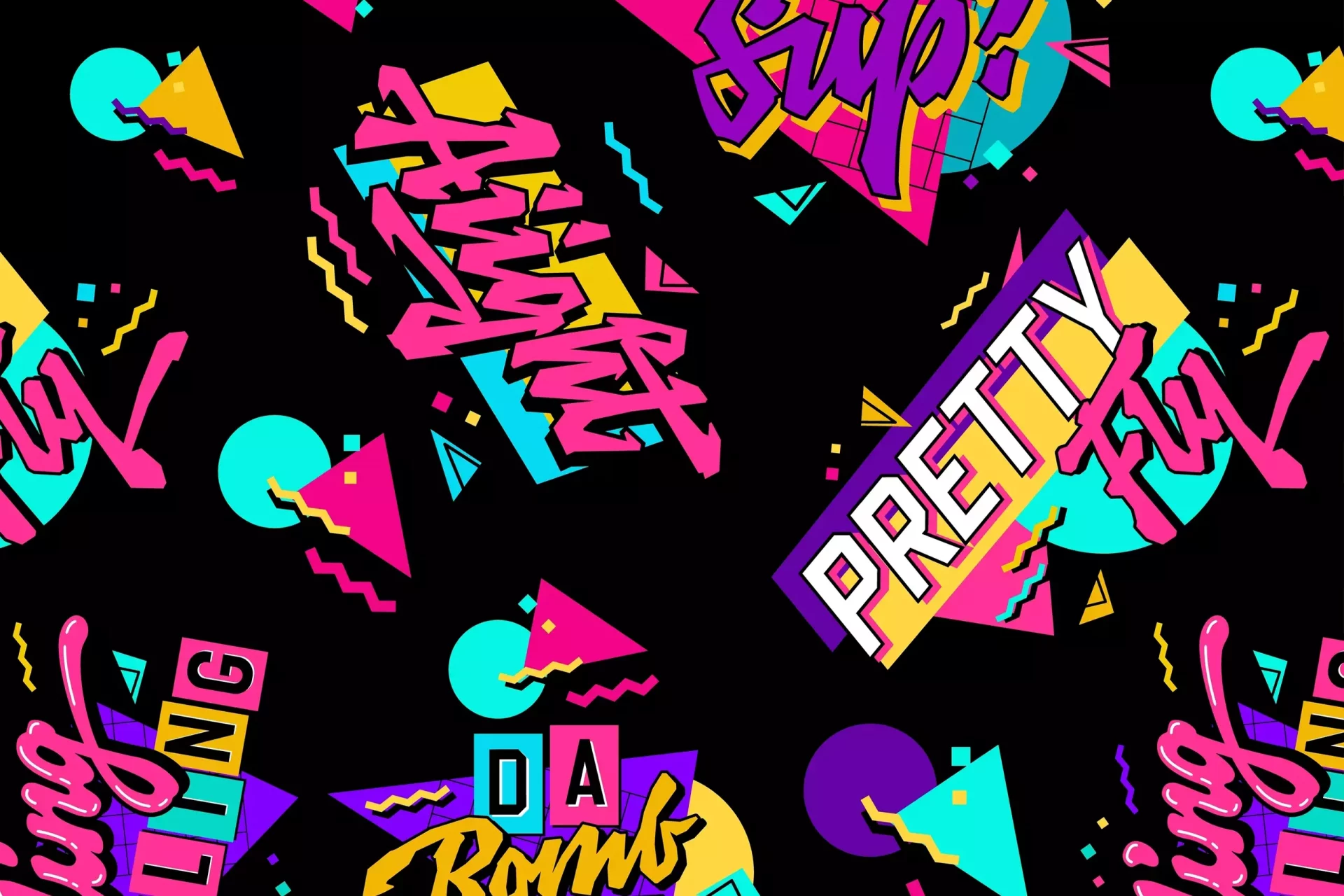Introduction to Tea in Urban Dictionary
The term ‘tea’ has taken on a vibrant new life in contemporary slang, particularly within social media discourse. Originally referring to the beverage, ‘tea’ has evolved into a metaphor for gossip or juicy information, commonly used in various contexts. This article explores the origins, usage, and cultural significance of ‘tea’ in modern vernacular as defined by Urban Dictionary.
The Origins of ‘Tea’ as Slang
While the concept of sharing gossip has been around for centuries, the slang term ‘tea’ gained prominence in the early 2010s, primarily within the LGBTQ+ community before spreading to a broader audience. The phrase can often be seen in the context of revealing information or getting the ‘inside scoop’.
Usage of ‘Tea’ in Everyday Language
‘Tea’ is commonly used in various scenarios that involve the sharing of gossip. Here’s how it plays out:
- As a Noun: “I have some tea to share about last night’s party!”
- As a Verb: “Let’s tea on what’s happening with the new couple!”
Its infectious nature, especially in the age of digital communication, has prompted a plethora of adaptations and creative uses across different platforms.
Real-Life Examples of ‘Tea’ in Pop Culture
The term ‘tea’ has infiltrated various elements of pop culture, particularly through television and social media platforms. For instance:
- Reality Shows: Shows like “Keeping Up With The Kardashians” frequently feature moments where the characters spill ‘tea’ about personal relationships and rivalries.
- Social Media: Platforms like Twitter and TikTok host hashtag trends such as #TeaTime where users share their hottest gossip.
This widespread usage highlights how ‘tea’ has become a cultural reference point for discussing everything from celebrity news to personal drama.
Case Study: The ‘Tea’ Phenomenon on TikTok
TikTok has emerged as a significant platform where ‘tea’ is shared widely among younger audiences. For example, TikTokers with significant followings often post short videos interpreting or exposing gossip concerning celebrities.
- Example Video: One popular TikTok account attracted millions of views by uncovering ‘tea’ related to celebrity feuds and relationships, demonstrating how quickly information can spread and impact public opinion.
- Engagement: Many videos invite viewers to share their take on the ‘tea’, creating a participatory culture where users engage with each other through comments and shares.
This phenomenon not only highlights the speed of information dissemination in the digital age but also the evolving nature of community and gossip.
Statistics on Slang Usage
The adaptation of slang words, including ‘tea’, showcases the changing dynamics of language in the modern world. According to a recent study by Oxford Languages, approximately 72% of teenagers reported using slang regularly, with ‘tea’ being one of the top 10 trending terms in their vocabulary. Other significant statistics include:
- Over 80% of Gen Z users on social media reported sharing or receiving ‘tea’ as part of their digital communication.
- Social media platforms, particularly TikTok, have reported a 150% increase in content tagged with #Tea within one year.
These figures illustrate not only the popularity of the term but also its reach across demographic boundaries.
Conclusion
The term ‘tea’ in the Urban Dictionary is more than just a slang term; it represents a cultural phenomenon that encapsulates how we communicate, engage, and share information in the modern age. As language continues to evolve alongside technology and social norms, ‘tea’ stands out as a testament to the significance of casual conversation in fostering community connections. Whether you’re spilling the latest gossip or enjoying a quiet cup alone, it’s clear that ‘tea’ will remain an integral part of our discourse.


